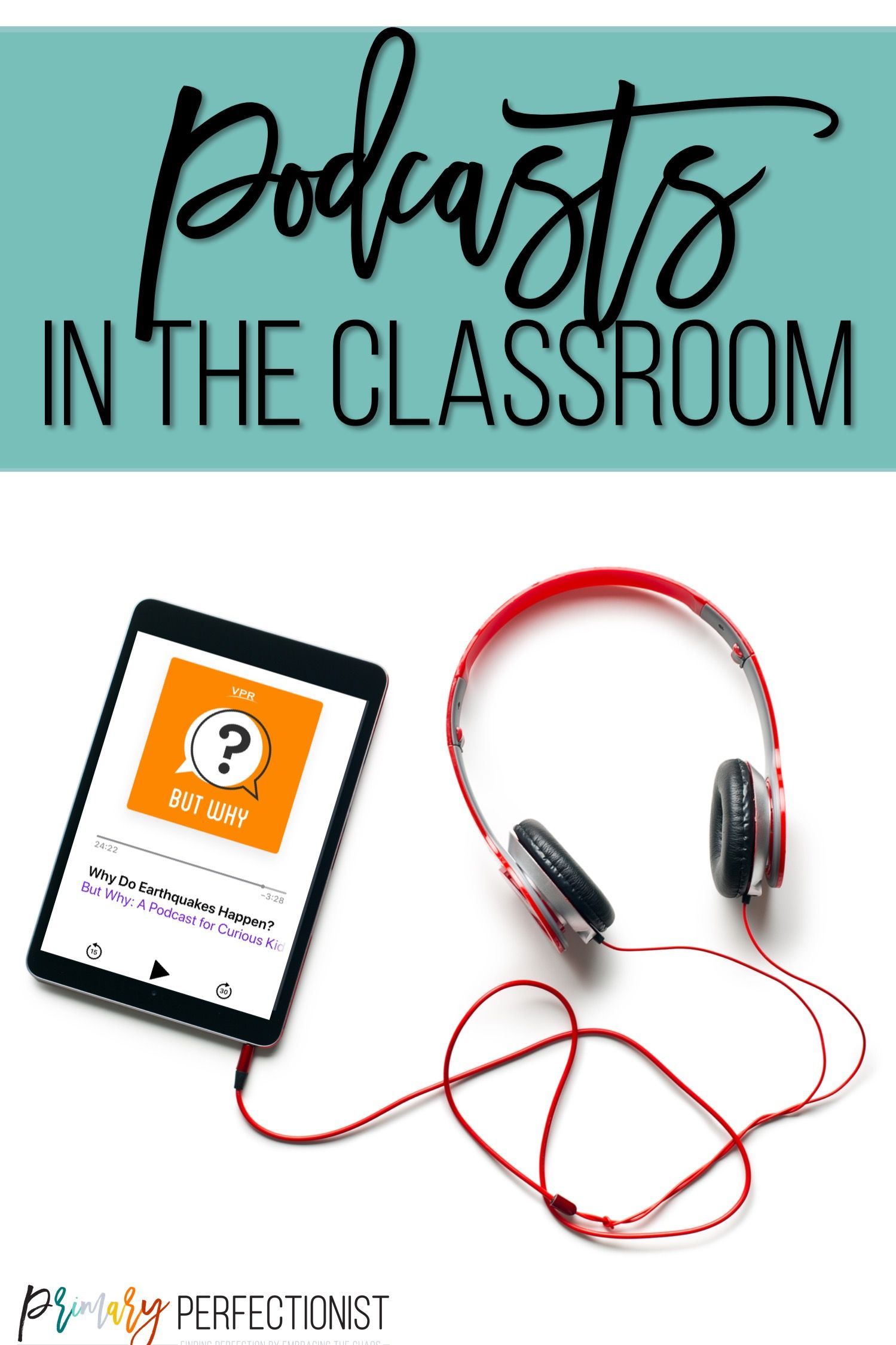Podcast popularity is on the rise so let’s explore how teachers can use podcasts in their classroom.
First of all, what is podcast?
Podcasts are digital audio or video files that are available for streaming or download on the internet.
They cover a wide range of topics, including education, entertainment, news, storytelling, and much more. Podcasts can be listened to on various devices, such as smartphones, computers, and tablets, making them accessible to users anytime, anywhere.
Podcasts engage students through immersive storytelling, discussions, and interviews, fostering deeper comprehension and retention of content. They cater to diverse learning styles, providing flexibility for independent exploration and personalized learning.
Below I have prepared 5 ways a teacher can incorporate podcasting into the classroom:
- Student Podcast Projects: Assign students to work in small groups to research and create their own podcasts on topics related to the curriculum. This can include historical events, scientific concepts, literary analysis, or current events. Students can script, record, edit, and publish their podcasts, gaining valuable skills in research, writing, communication, and digital media production.
- Podcast Listening and Discussion: Integrate existing educational podcasts into classroom activities. Select podcasts that align with the curriculum and have students listen to episodes either individually or as a class. Follow up with guided discussions, reflections, or assignments that relate to the podcast content. This can enhance comprehension, critical thinking, and listening skills.
- Teacher-Created Podcasts: Record and share podcasts created by the teacher to supplement classroom instruction. These podcasts can serve as additional resources, providing explanations, summaries, interviews with experts, or real-world examples related to the topics being studied. They can be used for review, reinforcement, or to introduce new concepts in an engaging format.
- Interviews and Guest Speakers: Invite guest speakers or experts in various fields to participate in podcast interviews with the class. Students can prepare questions, conduct interviews, and record the discussions for a podcast episode. This offers an opportunity for students to engage with professionals, gain insights into different careers or topics, and practice interviewing and communication skills.
- Audio Storytelling: Encourage students to create audio stories, narratives, or fictional podcasts. This can involve writing scripts, developing characters, and using sound effects to enhance the storytelling experience. Students can explore creative expression, storytelling techniques, and audio production while developing literacy skills and imagination.
 Have you or your colleagues ever used podcasts with your students?
Have you or your colleagues ever used podcasts with your students?
 What crucial moments should be considered if you decide to incorporate podcasts in your lessons? Let's create some guidelines
What crucial moments should be considered if you decide to incorporate podcasts in your lessons? Let's create some guidelines
 If you have your favorite podcasts for the classroom – please share them with others here
If you have your favorite podcasts for the classroom – please share them with others here
 Podcasting offers an exciting way to bring science and life science topics to life in the classroom. Students can create their own podcasts on various subjects, such as biology or environmental science. For example, they might produce episodes discussing the importance of biodiversity or the impact of climate change on ecosystems. Additionally, podcasts can feature interviews with scientists or explore recent scientific discoveries, providing students with real-world insights and opportunities to engage with cutting-edge research. Through podcasting, students can develop communication skills, deepen their understanding of scientific concepts, and foster a passion for learning about the natural world.
Podcasting offers an exciting way to bring science and life science topics to life in the classroom. Students can create their own podcasts on various subjects, such as biology or environmental science. For example, they might produce episodes discussing the importance of biodiversity or the impact of climate change on ecosystems. Additionally, podcasts can feature interviews with scientists or explore recent scientific discoveries, providing students with real-world insights and opportunities to engage with cutting-edge research. Through podcasting, students can develop communication skills, deepen their understanding of scientific concepts, and foster a passion for learning about the natural world.